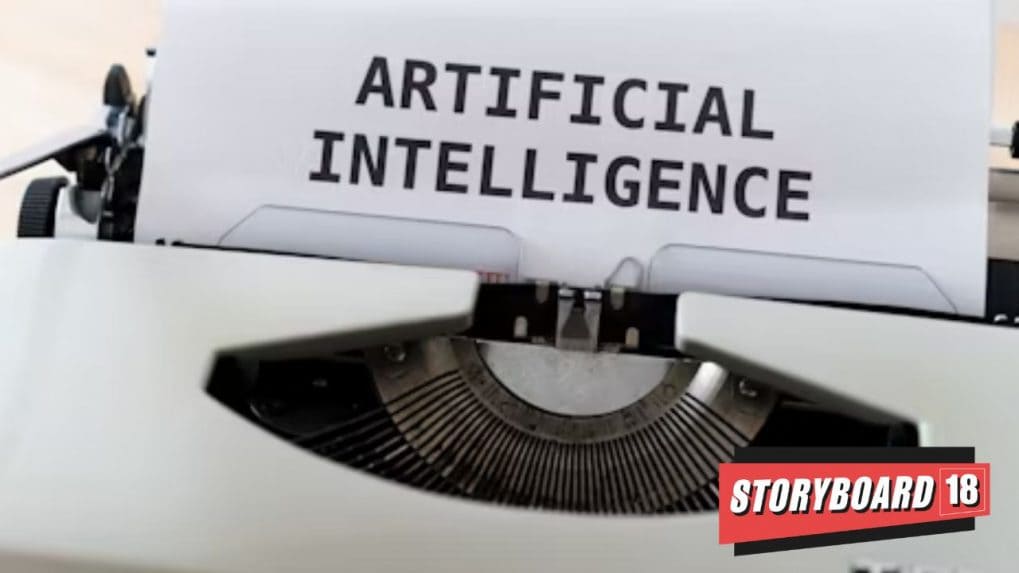Digital
Why OpenAI is hiring 100 ex-bankers: Inside the ChatGPT-maker's secret project to automate Wall Street's grunt work

A parliamentary committee in India has recommended new regulations that could make it compulsory for creators to label all artificial intelligence (AI)-generated content. The panel has also proposed licensing requirements for AI creators, aiming to curb the rapid spread of fake news produced by AI tools and to help the public differentiate between genuine and fabricated material.
The Standing Committee on Communications and Information Technology, chaired by BJP MP Nishikant Dubey, has submitted a draft report to Lok Sabha Speaker Om Birla setting out its recommendations. The report stresses the need for stronger coordination between ministries such as Information and Broadcasting and Electronics and Information Technology, so that clear legal and technological frameworks can be established for identifying and prosecuting those who deploy AI to disseminate false information, as reported by Hindustan Times.
According to the panel, fake news generated using AI poses a risk to public order by misleading citizens on a large scale. By requiring creators to obtain licences and by enforcing mandatory labelling of all AI-generated media — including images, videos and articles — the committee argues that audiences will be better equipped to identify synthetic content. Such measures would also ensure that creators can be held accountable if their work causes harm.
The committee further recommends that media organisations strengthen internal safeguards. This includes adopting robust fact-checking mechanisms and appointing ombudsmen to uphold standards of quality and accuracy.
The Ministry of Electronics and Information Technology (MeitY) has already formed a separate panel to study deepfake-related issues. Two projects are currently underway to develop tools that can detect fake speech and deepfake videos, reflecting a wider effort by the government to tackle the technological challenges of AI-driven misinformation.
The draft report from the parliamentary committee is expected to be tabled for discussion in the next session of Parliament, where the proposals for licensing, labelling and accountability measures will be further debated.
From purpose-driven work and narrative-rich brand films to AI-enabled ideas and creator-led collaborations, the awards reflect the full spectrum of modern creativity.
Read MoreIn a wide-ranging interview with Storyboard18, Sorrell delivers his frankest assessment yet of how the deal will redefine creativity, media, and talent across markets.